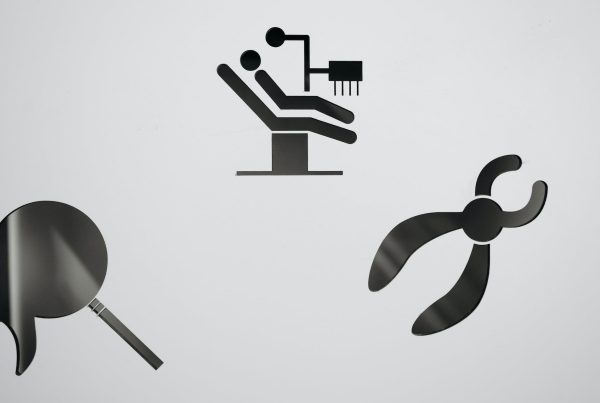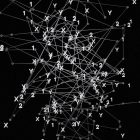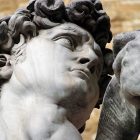 INTRODUCTORY LOGIC TEXTS
INTRODUCTORY LOGIC TEXTS
 HOW DO YOU DO PHILOSOPHY?
HOW DO YOU DO PHILOSOPHY?
HOW DO YOU DO PHILOSOPHY?
 GRADING CRITERIA FOR PHILOSOPHY ESSAYS
GRADING CRITERIA FOR PHILOSOPHY ESSAYS
GRADING CRITERIA FOR PHILOSOPHY ESSAYS
 BRANCHES OF PHILOSOPHY
BRANCHES OF PHILOSOPHY
BRANCHES OF PHILOSOPHY
 THE POSITION PAPER
THE POSITION PAPER
THE POSITION PAPER
 AESTHETICS
AESTHETICS
AESTHETICS
 METAPHYSICS
METAPHYSICS
METAPHYSICS
 PHILOSOPHY OF RELIGION
PHILOSOPHY OF RELIGION
PHILOSOPHY OF RELIGION
 UTILITARIANISM
UTILITARIANISM
UTILITARIANISM
 AFRICAN PHILOSOPHY
AFRICAN PHILOSOPHY
AFRICAN PHILOSOPHY
 OTHER CATEGORIZATIONS OF PHILOSOPHICAL WRITING
OTHER CATEGORIZATIONS OF PHILOSOPHICAL WRITING
OTHER CATEGORIZATIONS OF PHILOSOPHICAL WRITING
 THE ELEATIC SCHOOL
THE ELEATIC SCHOOL
THE ELEATIC SCHOOL
 MODAL LOGIC
MODAL LOGIC
MODAL LOGIC
 EPISTEMOLOGY
EPISTEMOLOGY
EPISTEMOLOGY
 HERMENEUTICS
HERMENEUTICS
HERMENEUTICS
Logic
Books
-
Socrates’ Children Volume II: Medieval Philosophers
$19.95 -
Silence: In the Age of Noise
$12.69 -
The Prince
$7.99 -
The Guide of the Perplexed (Hackett Classics)
$40.00 -
The Way of Zen
$14.28 -
The Confessions of St. Augustine: Premium Edition – Illustrated
$5.99 -
Islam as Political Religion
$52.95 -
Courage Under Fire: Testing Epictetus’s Doctrines in a Laboratory of Human Behavior (Hoover Essays)
$5.00 -
I Am a Strange Loop
$12.99 -
Beyond Good and Evil
$9.99 -
How Adam Smith Can Change Your Life: An Unexpected Guide to Human Nature and Happiness
$12.99 -
Tentacles Longer Than Night: Horror of Philosophy (Vol 3) (Horror of Philosophy, 3)
$18.95 -
Philosophy: 50 Essential Ideas
$9.40 -
End Times Major Clues from Minor Prophets (Revelation Decode)
$9.99 -
First Principles
$11.99
The Atomos Blog
Philosophy of Law: An Introduction
Philosophy of Law: An Introduction
Philosophy of Science: An Introduction
Aesthetics: An Introduction
Epistemology: An Introduction
Ethics: An Introduction
Logic: An Introduction
Metaphysics: An Introduction
Philosophy of History: An Introduction
Philosophy of Language: An Introduction
Philosophy of Mind: An Introduction
Philosophy of Technology: An Introduction
Political and Social Philosophy: An Introduction
Environmental Philosophy: An Introduction
Existentialism and Phenomenology: An Introduction
Feminist Philosophy: An Introduction
Philosophy of Mind: An Introduction
Terms & Concepts

Appeal to pity (ad misericordiam)


































































